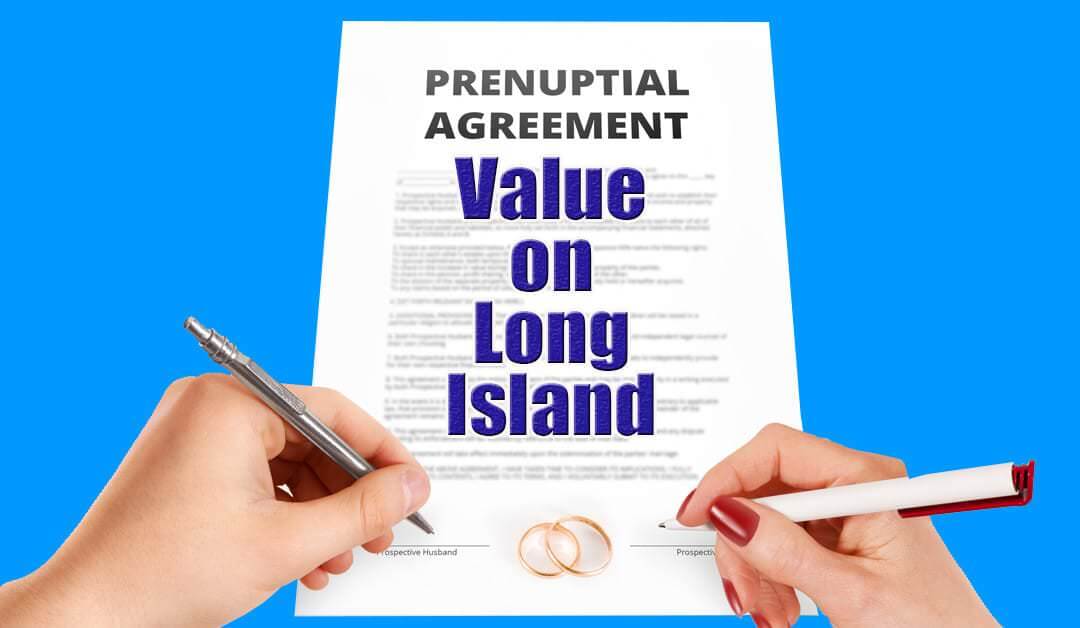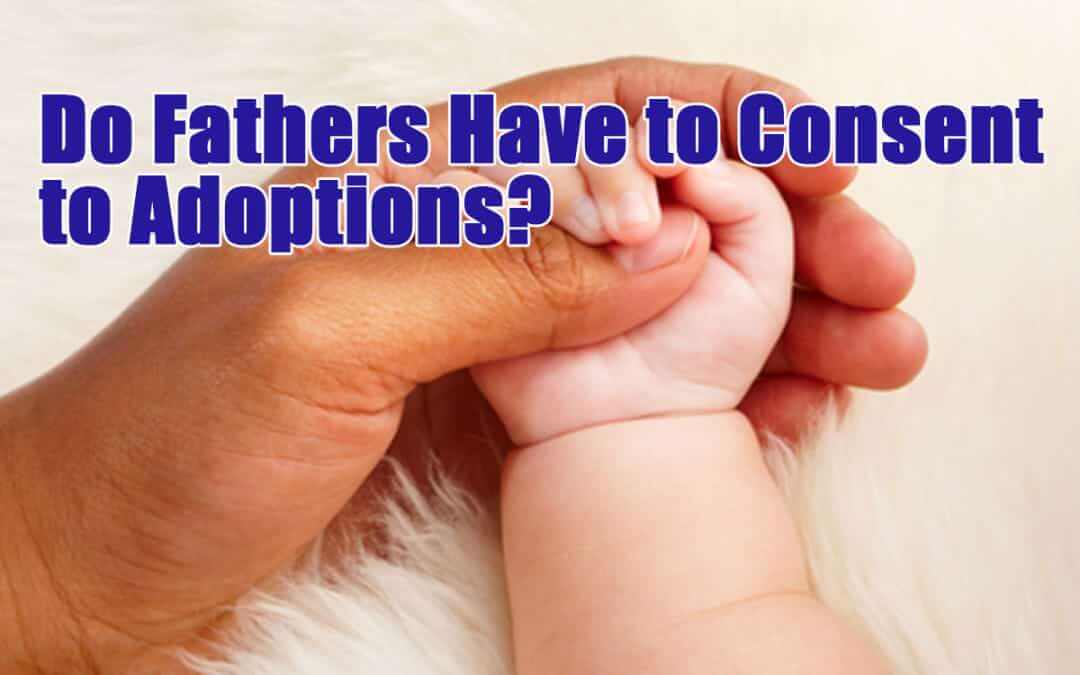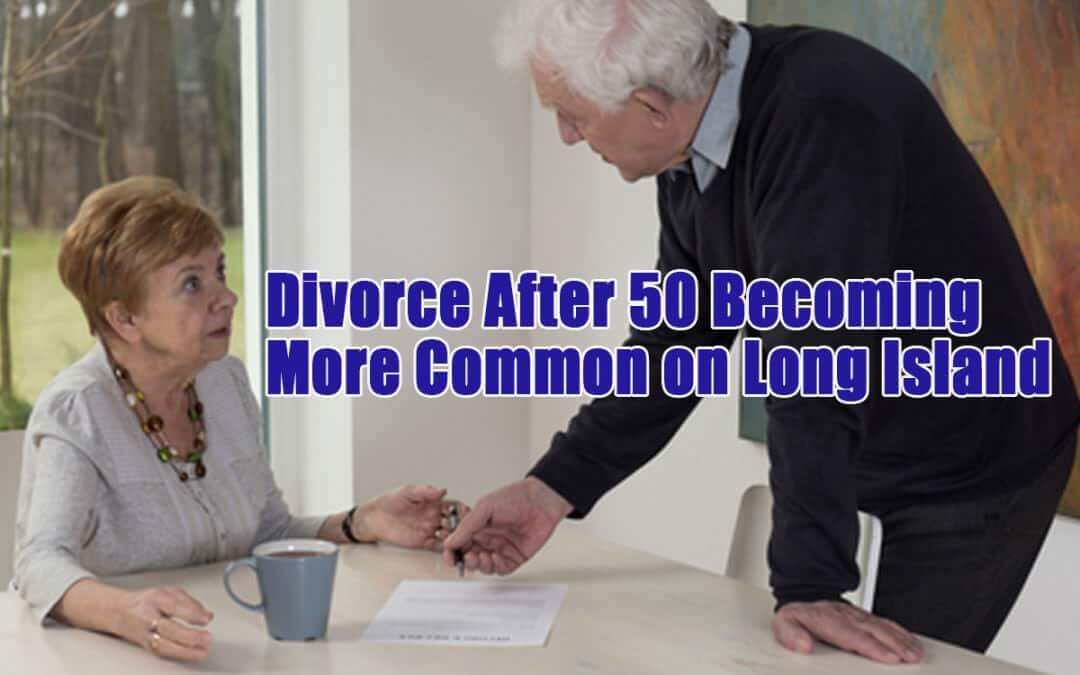


Confidentiality Clauses In Long Island Prenuptial Agreements
For a number of reasons, many Long Islanders choose to include confidentiality clauses in their prenuptial agreements. This is an important issue, particularly when there is a high net-worth or risk or negative publicity involved in the relationship. Anyone entering...
Divorce After 50 on Long Island Common Mistakes
Divorce after age 50 on Long Island is becoming increasingly common. In fact, the divorce rate among people age 50 and older more than doubled between 1990 and 2010, according to one study. Unfortunately, what many people fail to realize is that the stakes are often...
The PINS Diversion Program Helps Keep Kids’ Behavioral Problems in Order
HOME ABOUT US OUR FIRM FIRM YOUR LEGAL TEAM ATTORNEYS YOUR ATTORNEYS ROBERT E HORNBERGER CHRISTINE M VERBITSKY ANNEMARIE LANNI LAWRENCE M. MARINO BRENDA LYNCH (Of Counsel) PRACTICE AREAS AREAS OF EXPERTISE What’s Involved In Divorce DIVORCE DIVORCE COLLABORATIVE...
Long Island Divorce Attorney Answers Equitable Distribution Questions
What is Equitable Distribution in Divorce on Long Island, NY? On Long Island, when a couple decides to divorce, there is inevitably property that must be divided so that each spouse can have some property each spouse goes their separate way. Nassau and Suffolk...
Family Court Lawyer Helps Long Is Families in Family Treatment Courtland
As a family law attorney working in family court on Long Island, I’ve seen first-hand how substance abuse can affect a parent’s ability to properly care for their child. Every Long Island family knows someone that is affected by substance abuse. (more…)

Biological Fathers Rights in Adoption in Long Island
When Natural Fathers Rights to Consent is Required for Adoption
As a family law attorney practicing on Long Island, protecting biological fathers rights in the complicated adoption process is often part of my job. When a parent is unable to care for the needs of his or her child and considers adoption as an alternative to parenting, or when a natural and custodial parent wishes for his or her new spouse to adopt the child and become a legal parent, New York adoption laws come into play. (more…)

Long Island Divorce Lawyer Says Divorce After Age 50 Becoming More Common in Nassau County & Suffolk County, NY
As a Long Island divorce lawyer, I am seeing more and more clients over the age of 50 filing for divorce. (more…)

Long Island Divorce Attorney Explains Issues of Pet Custody in Nassau County and Suffolk County Divorces
Pet Custody in New York: Who Keeps the Family Pet After Divorce?
As a divorce attorney practicing on Long Island I am not surprised by the frequency with which I meet with Nassau County and Suffolk County couples who are concerned with who will get custody of the family pet after their divorce. (more…)

Long Island Family Law Attorney Explains PINS Diversion Program
As a Family Law Attorney practicing on Long Island, and a parent, I know that any parent in Nassau County or Suffolk County, and especially the parent of a teenage child, would likely admit that parenting is one of the most challenging endeavors in life. (more…)












